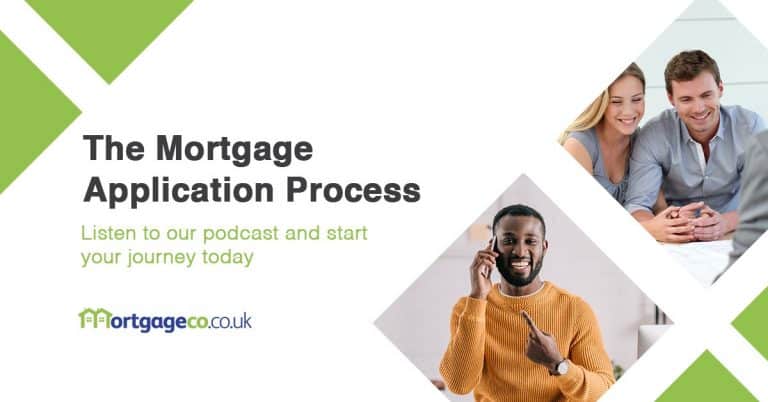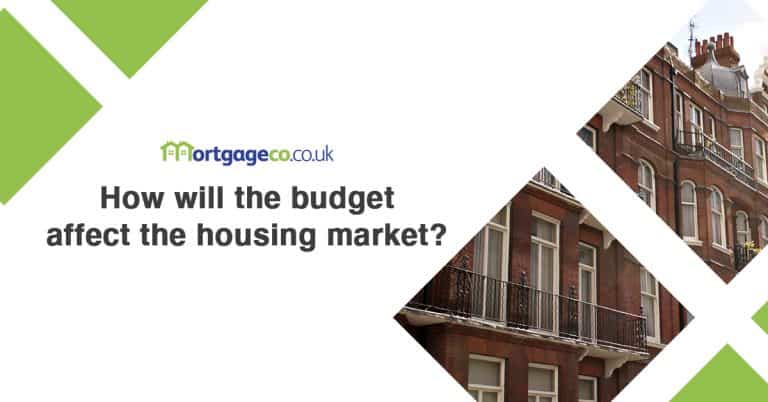First Time Buyer
Home » First Time Buyer
First Time Buyer Frequently Asked Questions
Steven Hargreaves talks all about First Time Buyer mortgages..
How is the mortgage process different for First Time Buyers?
I don’t actually think it’s any different to a second time buyer or somebody buying a Buy to Let – the only difference is that a First Time Buyer has never gone through it before, so everything is new to them.
First Time Buyers often apologise for asking silly questions, but there are no stupid questions because if you’ve never gone through it before it’s all brand new to you. So I tend to take things a little bit slower than I would with a second time buyer, who would know a lot of the phrases and the steps in the process – for First Time Buyers we’re starting from scratch.
What is an Agreement in Principle?
An Agreement in Principle or Mortgage in Principle is when you approach a specific lender and they say that, based on the information you’ve provided, they are prepared to lend you a certain amount.
That gives you the ability to start looking at properties because you know how much you can borrow and how much deposit you have. You know what your maximum price is.
But there are very few checks done at Agreement in Principle stage. One lender doesn’t even do a credit check, which is a bit frustrating. We would tend to use a lender that does, and we usually ask clients for payslips and bank statements so we know in advance if there’s going to be a problem. That way the Agreement in Principle is correct.
How much can a First Time Buyer borrow? What sort of deposit is needed?
It’s all based on income and expenditure, so we’ll look at your basic salary and your outgoings – whether you’ve got any loans, HP finance, credit cards etc. We’ve got calculators for each specific lender, through a super system that gives us access to all the providers.
There are so many out there and it’s incredible how they differ. One lender might offer you one amount, and another would give you a completely different figure based on the same information. I was speaking to a client on Tuesday. He was a First Time Buyer on a super salary. One lender would lend him £450,000 and another would lend him £525,000 – that’s a huge difference.
That’s where in a lot of cases a mortgage broker comes into their own because we can quickly work out how much each is going to lend. So how much you can borrow is very much dependent on your income and expenditure – but also the lender you ask.
With deposits, there is a set percentage. If you’re buying a house at £100,000 the maximum you could borrow is £95,000. You would need a 5% deposit, which in that example will be £5,000.
How do I know what my credit score is and how do I improve it?
When I’m speaking to a client I tend to get them to do a credit check with Checkmyfile.com because that covers a number of different providers. Some lenders go to Clearscore, some go to Equifax, some go to various different ones. Checkmyfile.com includes Experian, Equifax and Transunion which are the three main credit score agencies a lender would use.
That gives you all the information they hold on you. As far as improving your score, a lot depends on where you are in your journey. I like seeing First Time Buyers very early in the process – so they haven’t started looking at properties yet, they are still saving for a deposit. Then we can chat through this together.
I can get the credit report and we know what we’re up against. If there’s an issue, we can deal with it. That could mean getting on the electoral roll. In some cases clients have a very thin credit rating because they’ve never taken credit cards or a loan.
In those cases I’ve actually recommended they get a credit card to improve their credit score. But that’s very much dependent on when I’m involved. If I got a phone call today from a First Time Buyer who’s had an offer accepted, it’s too late to start playing around with the credit score.
Speak To An Expert
Our team of experts are experienced in catering for a range of clients, needs and property types. With a vast array of qualifications and accreditation from the financial accreditation agency you can be confident of quality service and sound advice.
What is a First Time Buyer ISA? Are they still available?
They’re not unfortunately, so you can’t take a new Help to Buy ISA at the moment. If you’ve got one, you can still use it up to November 2029. You can pay a maximum of £200 a month into it and the government will top up your savings by 25% up to £3,000 when you buy your first home.
There are certain stipulations. In London you could only buy a property up to £450,000 and anywhere else in the country it’s £250,000. The Help to Buy ISA is fantastic because for a First Time Buyer it’s free money – it’s 25% extra on your deposit.
What other schemes are available for First Time Buyers?
Shared ownership is where you buy a percentage of a property and you pay rent for the balance. The benefit is if you can’t get to that full £200,000 asking price, you can rent half the house and purchase half – so you’re only borrowing £100,000 – or even £50,000 in some cases.
Joint borrower sole proprietor replaced the guarantor mortgage where your parents, grandparents, aunts or uncles could join you on the mortgage to enhance what you can borrow. That’s particularly good where you’re on a fast track for income growth.
I did one mortgage where the client’s income was actually quite low, but he was on incremental increases every four months – so within two years his income was going to double. He couldn’t afford the mortgage in his own name today, so we added his father to the mortgage. He could then borrow what he wanted – and in a couple of years time we will probably take his dad off the mortgage because he’ll have enough income on his own
With the Deposit Unlock scheme you only need a 5% deposit to buy a new build property – and there are a number of different other schemes available for First Time Buyers which we can explain to you when you come in.
What fees are involved when buying your first house?
The good thing about being a First Time Buyer is that you don’t have to pay stamp duty, which is a tax on buying a property over a certain value. It is important to say we’re in January 2023, because the stamp duty rules have changed regularly over the last three or four years.
At the moment First Time Buyers buying a property worth up to £425,000 don’t have any stamp duty to pay – which is quite a saving.
Aside from stamp duty, you will need to pay search fees, which are specific to each council. These searches make sure there are no planning applications to put the M1 through your front garden. In Leeds the search cost is currently around £240, in Bradford they’re a little cheaper and in Harrogate they’re quite a bit more expensive.
As a First Time Buyer you would most likely arrange a valuation or survey on the property to make sure you’re buying what you think you’re buying. The survey will check that the roof’s okay, there’s no damp, the central heating works and electrics are safe, etc.
There are various different surveys and I would go through these with a First Time Buyer. If you choose a more enhanced survey we would book a separate Zoom appointment and go through that together. If you’re moving to a new house you will be all excited about it – but if you then find out the heating doesn’t work, there’s no hot water or there’s a hole in the roof, it can be very disappointing. I will go through the details with you to make sure everything’s okay.
Other things to factor into account are solicitors’ fees, which vary significantly from location to location. I was talking to a lady buying property in London and her solicitor was charging. just short of £2000! I use a solicitor in the north which costs £700 but in some areas £700 is quite expensive. Solicitors work for you and protect you – they make sure again that you’re buying what you think you’re buying.
Other costs involved are protection related – that’s building’s insurance, contents insurance, life assurance to protect you against a death or critical illnesses like cancer or heart attack. That’s something I tend to do a separate appointment on with all First Time Buyers to make sure they know exactly what they’re covered for.
I tend to see First Time Buyer in bitesize appointments – it wouldn’t be a case of sitting down for three hours and boring you silly. I tend to see people for around 45 minutes, then you’ll have some questions and we’ll book another appointment to go through those.
What else do we need to know as a First Time Buyer?
Something I say to all First Time Buyers using websites like Rightmove and Zoopla to look at properties is to look at everything. A lot of people decide they don’t like an area, a street or a type of garden. Often those things don’t matter when you find a great property.
You walk through that house and get that feeling that this is where you want to live. It might actually be the opposite of what you’ve been looking at in your search criteria. So look at as many properties as you can – good, bad and indifferent, and you’ll get a feel for what you do want.
Your home may be repossessed if you do not keep up with your mortgage repayments.
Why MortgageCo?
- Raising The standards of financial advice
- Making financial advice accessible to all
- Trusted & stress-free financial advice
- Friendly, personable advisors
Podcast Interviews With Our Team
As Seen In
















